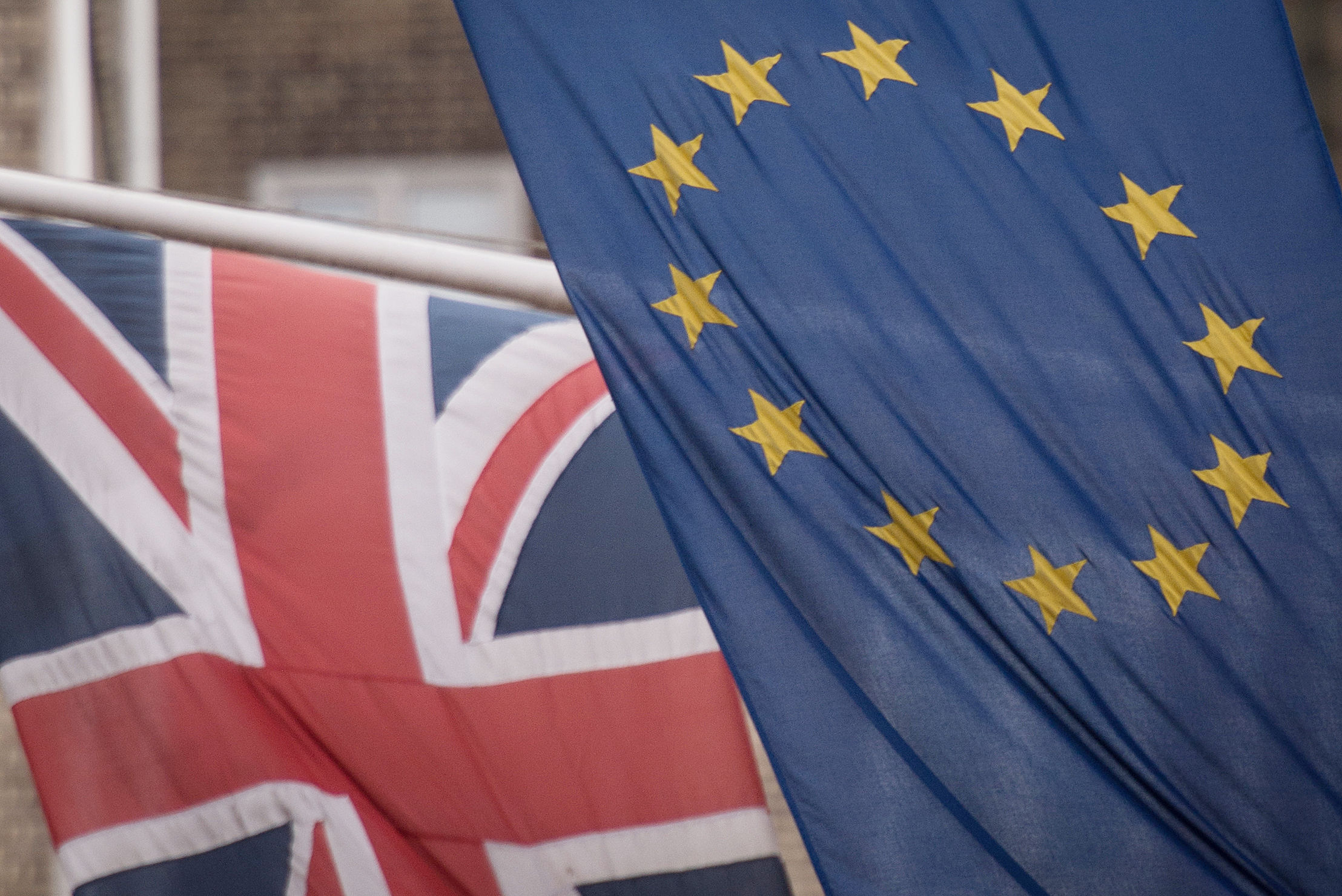A legal challenge to Brexit is due to begin in Northern Ireland today.
Lawyers representing a host of high-profile politicians and campaigners will argue that triggering Article 50 would be illegal if done without securing parliamentary and Northern Ireland Assembly consent.
Prime Minister Theresa May has said she plans to use the mechanism to begin negotiations with the European Union next year.
Former Stormont justice minister David Ford is among a cross-community group of politicians and human rights activists whose lawyers are taking the case at Belfast’s High Court.
They have urged the premier to consider the country’s peace process and other unique requirements before launching Brexit talks.
Northern Ireland’s attorney general John Larkin QC is expected to be involved in the landmark legal proceedings.
Raymond McCord, whose son Raymond McCord Jr was murdered by the loyalist Ulster Volunteer Force (UVF) in north Belfast in 1997, is also involved in the case over concerns that European peace money for Troubles victims may be stopped.
Some 56 per cent of Northern Irish voters backed Remain in the June 23 referendum but some unionist-dominated parts supported Leave.
Northern Ireland shares the UK’s only land border with an EU state, the Republic of Ireland, and the British and Irish Governments have said they are keen to ensure there is no return to the hard borders of the past.
Those supporting the legal action include: Green Party leader Steven Agnew; Social Democratic and Labour Party leader Colum Eastwood; senior Sinn Fein Stormont Assembly member John O’Dowd; former head of the Progressive Unionist Party Dawn Purvis; ex-Equality Commission member and disability rights activist Monica Wilson OBE and the Committee on the Administration of Justice human rights group.
They want to ensure the Brexit process complies with the rule of law, takes account of parliamentary sovereignty, protects progress made towards a more peaceful society and accords adequate weight to the democratic will of those in Northern Ireland who voted in the European referendum and in the 1998 poll on the Good Friday Agreement.


